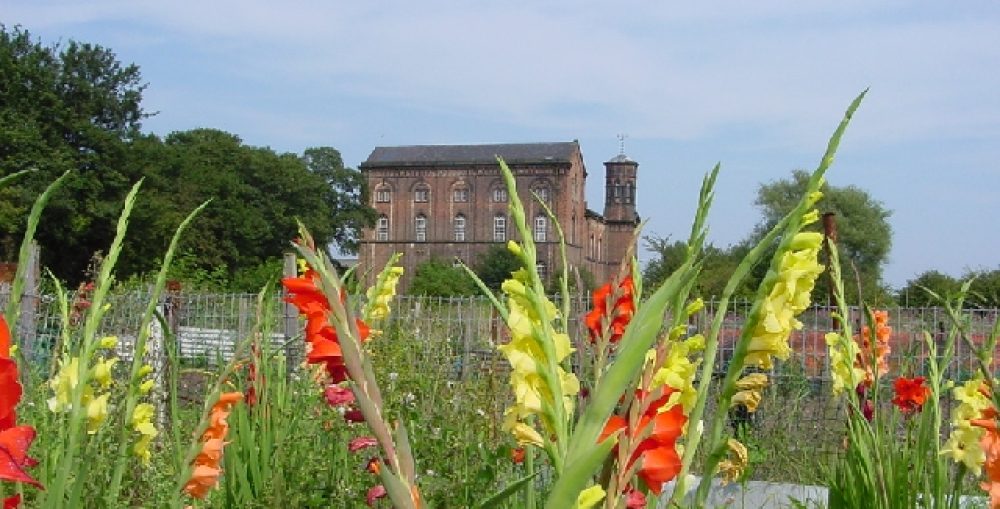There are two main factors which restrict trade and business activity and/or the selling of plants and produce on the Anlaby Allotment site:
- The original agreement signed in 1912 between the landowner at the time and some local residents for the provision of the land to be used as poor allotments.
- The Allotments Act 1922.
Back in 1912 a wealthy local landowner set aside the piece of land we occupy as poor allotments. This was done at a time when there was no benefits/welfare system or NHS and workhouses still existed (Workhouses were institutions in Britain and Ireland that provided food, shelter, and employment for people who couldn’t support themselves). The sole purpose of this was to help local families feed themselves. Ownership of the land has changed since 1912 and the land is currently owned by a holdings company and managed on their behalf by a local lettings agent. Anlaby Allotment Association do not own the land and pay rent to the landowner to use it as allotment gardens.
The terms and conditions of use of the land as poor allotments, as laid out in the original 1912 agreement are as enforceable today as they were in 1912. This is a legal document and the Committee has a duty to ensure that these terms are complied with.
Ten years after the formation of Anlaby Allotment Association The Allotments Act 1922 came into operation. This act defined what an allotment is and how it can be used.
A key legal restriction is contained in the Allotments Act 1922, whereby there is a general prohibition on any “trade or business” being conducted on the allotment garden or any part thereof. An allotment garden must, by definition, “be wholly or mainly cultivated for the production of vegetable or fruit crops for consumption by the occupier or their family”.
Plots are therefore let out to plot holders on the strict understanding that they be wholly or mainly cultivated for the production of vegetable or fruit crops for consumption by the occupier or their family and that no trade or business is carried out on the allotment garden or any part thereof.
It is accepted that plot holder can sell their “surplus” plants and produce. The keyword here is surplus.
If a plot holder propagates a few extra tomato plants for example in case they don’t all germinate and a few are left over after planting out then this surplus can be sold. If a plot holder finds that a crop is producing more produce than they can reasonably distribute between their family members then the surplus can be sold.
The selling of surplus plants and produce must be carried out off site, for example at home. Before considering selling their surplus, plot holders are asked to consider donating plants to the Association so they can be sold to increase Association funds which ultimately benefits all members or donating produce to the local foodbank via the regular weekend collections at the cabin during summer and autumn.
The Allotment Association can sell from their own onsite shop as this is considered to be fund raising for the association, not trade or business.
Action will be taken against any plot holder who is found to be using their plot to propagate plants or to grow crops for the purpose of resale either on or off the site (such use changes the definition of the plot from an allotment garden to a nursery or market garden, contravening both our agreement with the landowner and The Allotments Act 1922) or carrying out any trade or business from their plot.
